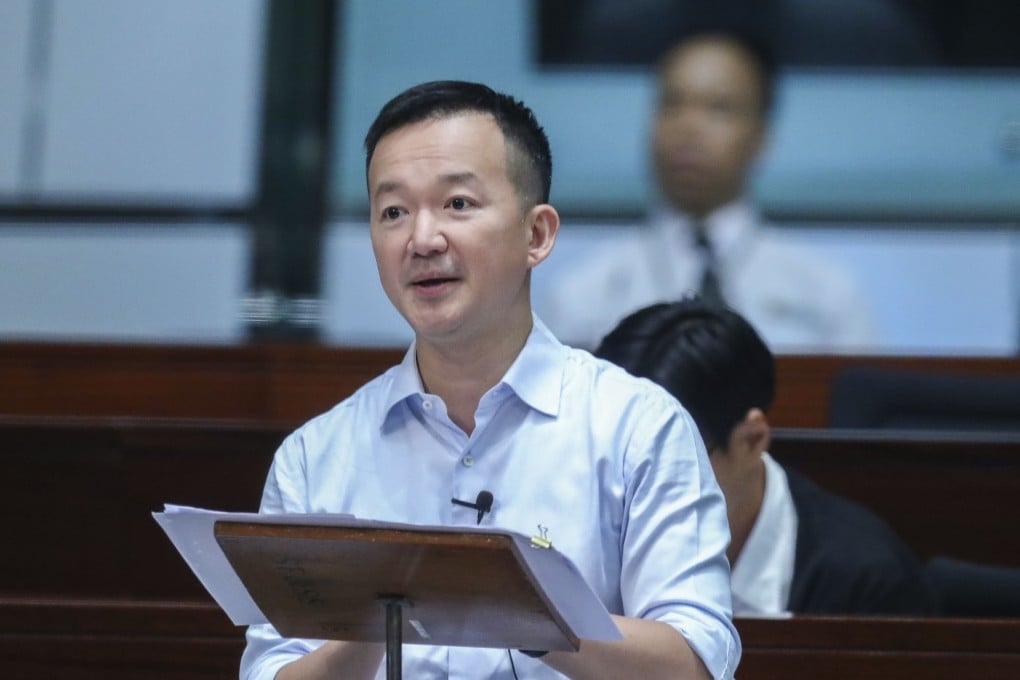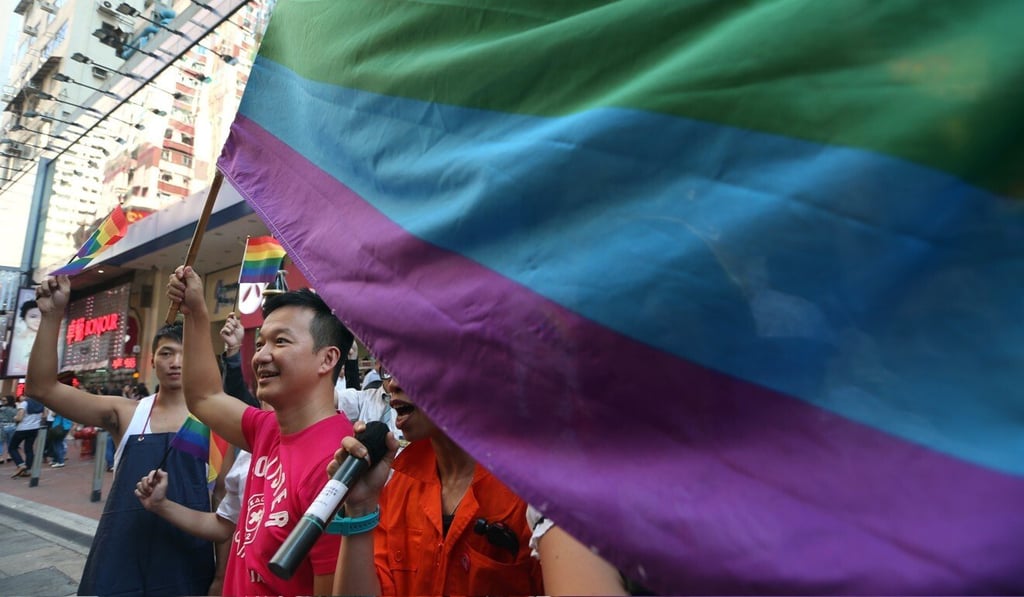Advertisement
Opposition lawmaker Raymond Chan becomes first to say he intends to exit Hong Kong’s Legislative Council rather than serve extended term
- Chan meets Legco president Andrew Leung to explain his intentions, following up on a letter sent earlier to staff members
- The lawmaker says the move cannot be called a resignation given the Basic Law’s traditional four-year limit and he expects his end-of-term gratuity
Reading Time:3 minutes
Why you can trust SCMP

An opposition lawmaker has told the head of Hong Kong’s legislature he plans to leave the body in September rather than serve out a term extended by Beijing after elections were postponed, making him the first legislator to do so.
The meeting between People Power’s Raymond Chan Chi-chuen and Legislative Council president Andrew Leung Kwan-yuen came a day after he sent staff members a letter saying his office would terminate services on September 30 given “the four-year legal period of the 6th Legislative Council is coming to an end”.
Wednesday’s face-to-face discussion was intended to sort out a number of outstanding issues, according to Chan, including arrangements involving his end-of-term gratuity and allowances.
Advertisement

“This cannot be said to be a resignation. I have finished my term as a legislator, which started in 2016,” said Chan, the city’s first openly gay lawmaker, who has, among other things, advocated for greater LGBT rights.
Advertisement
The issue of whether to remain or not has put the city’s pan-democrats in the hot seat in the weeks since the Hong Kong government announced it would postpone Legco polls originally slated for September amid a resurgence of Covid-19 infections.
Advertisement
Select Voice
Select Speed
1.00x